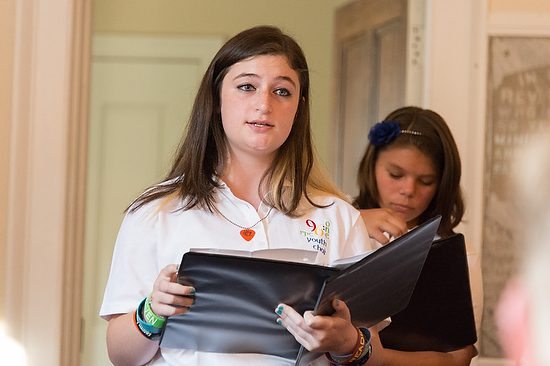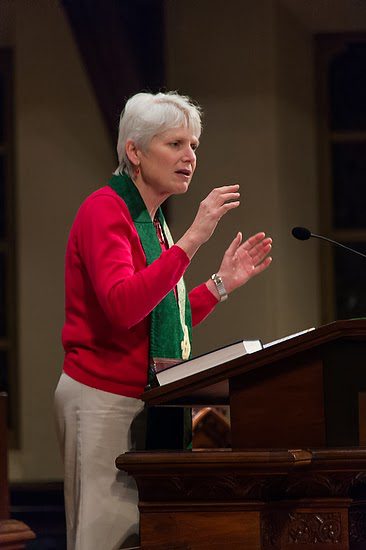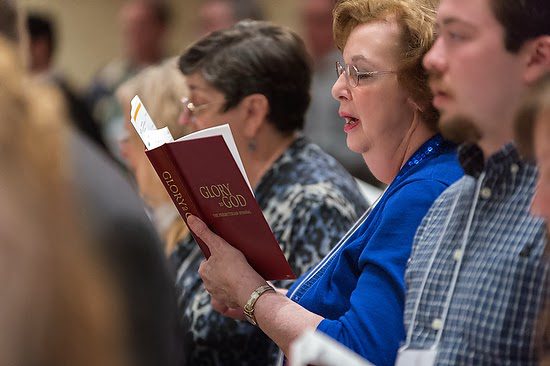| Nikon D4, 28-300mm, ISO 12800, ƒ/5.6, 1/125 |
Why should someone trust you with their story if you cannot tell your own story? You must be able to tell your own story before telling another person’s story.
Acts 1:8
New International Reader’s Version (NIRV)
8 But you will receive power when the Holy Spirit comes on you. Then you will be my witnesses in Jerusalem. You will be my witnesses in all Judea and Samaria. And you will be my witnesses from one end of the earth to the other.”
Since the church has been telling stories for centuries and doing so very well, I am using its storytelling to teach the principles of good storytelling.
In the Christian church, when one decides to follow Christ, it is done by a statement of faith. Many of the denominations do this during a confirmation class. Often, we use questions to help people formulate their ideas and develop their thoughts. Here is one example:
Some questions to think about:
1. In What ways have you seen God work in your life?
2. Were there events that tested your faith?
3. How did an event draw you closer to God or keep you further away?
4. How was your spiritual life strengthened (weakened) then?
5. What is important to you about being a Christian?
6. What is important to you about being Presbyterian?
7. What are your hopes for being a member, how you would like
to serve, what gifts you bring, and how do you want to grow?
The power of a first-hand witness is their authority. Their testimony has absolute power if they speak on what they know rather than speculation.
One of the best examples in the Bible is this one.
John 9:25
New International Version (NIV)
25 He replied, “Whether he is a sinner or not, I don’t know. One thing I do know. I was blind, but now I see!”
While the lawyers questioned this formerly blind man, he stayed with what he knew. The power of the testimony was irrefutable. The power of the story is the before and after. The man was blind before he met Jesus; after Jesus healed him, he could see. One sentence is the testimony. What’s your story? Only expect others to share their stories with you if you are willing to share your own. We do this every day. You meet someone for the first time, and through the introduction process, you either do a great job telling your story or a poor one.
One of the best ways to learn how to tell your story is to read to others. In the church, we even sing songs that help us practice storytelling. Here is one that is an excellent example of storytelling. It is called Jesus, and it is all the world to me. Here are the words:
Jesus is all the world to me,
My life, my joy, my all;
He is my strength from day to day,
Without Him, I would fall.
When I am sad, to Him, I go,
No other one can cheer me so;
When I am sad, He makes me glad,
He’s my Friend.Jesus is all the world to me,
My Friend in trials sore;
I go to Him for blessings, and
He gives them o’er and o’er.
He sends the sunshine and the rain,
He sends the harvest’s golden grain;
Sunshine and rain, harvest of grain,
He’s my Friend.Jesus is all the world to me,
And faithful to Him I’ll be;
Oh, how could I, this Friend, deny,
When He’s so true to me?
Following Him, I know I’m right,
He watches o’er me day and night;
Following Him by day and night,
He’s my Friend.Jesus is all the world to me,
I want no better Friend;
I trust Him now; I’ll trust Him when
Life’s fleeting days shall end.
Beautiful life with such a Friend,
A beautiful life that has no end;
Eternal life, eternal joy,
He’s my Friend.
Here is my challenge: create a 2-—to 3-minute elevator speech that is your story, not an elevator pitch to land work.
Here is my story: I was born with Autism. I did not speak until I was three years old. It would be well into my adult years that I would finally learn that I had Asperger Syndrome. People with Asperger syndrome can find it harder to read the signals that most of us take for granted. Those with Aspergers find it more challenging to communicate and interact with others, leading to high levels of anxiety and confusion. I have felt a fundamental disconnect with people for most of my life. While there are similarities with Autism, people with Asperger syndrome have fewer problems with speaking and are often of average, or above average, intelligence.
My difficulties early on were with speech. I had to have tutoring to improve my pronunciation, and reading was extremely difficult for me before my school years. While in high school, I felt this call to go into the ministry. In hindsight, this could not have been the poorest choice I could have made based on my Aspergers.
My father, a minister, recommended I get an undergraduate degree in business or social work. He said churches would want you to have a master of divinity degree, and majoring in religion for an undergraduate would be repetitive. I chose social work, and I am so grateful I did. Social work helped to train me in how relationships work and what is essential in healthy relationships.
While in college, I was taking photos for the school and had an uncle who was a former photojournalist and had a portrait studio. I would take my work to him for review to improve my hobby. Studying body language and interpersonal communication skills in social work, combined with my uncle teaching me how to capture these moments with the camera, was instrumental in my being a photojournalist today. I believe that it was due to God calling me into this profession to use my most significant weakness of communicating and interacting with others as a strength. You see, for me to share, I must work at it. It doesn’t happen; I approach communication from my head, not my heart. I must work at thinking through a process and why it should work.
Due to my wiring from Autism, I cannot take it for granted; I will likely screw it up. Asperger’s people learn best by seeing relationships and using the camera; I could break this down into decisive moments and even micro-expressions.
Because I had to break down each element and then learn to recognize it later to capture it with the camera, I can now teach this skill to others. In addition, because I am susceptible to people’s attitudes, I have learned to pick up on this when teaching and ask questions to be sure the students and I are together.
One of the traits of Aspergers is the ability to learn complex concepts quickly yet struggle with easy skills. Over time, I knew I had to work on the details because they were essential. I managed my lifelong struggle with Aspergers through years of learning and people with compassion who mentored me.
However, today, my most vital gift for teaching visual storytelling came from my weakness due to Aspergers. It is because of my brokenness of Aspergers that I must get up each day and work hard. It is not curable. Aspergers has helped me to be more patient with others who struggle to learn these concepts. My weakness is now my strength.
So, What’s your story? If you tell your story as well as you can, it will invite people to want to know more. Isn’t this what we want to do with our photos? My mentors taught me that the audience will want to read the caption if I make a compelling photo.
Writing an effective caption will encourage the reader to continue the story. WARNING! When you tell your story effectively, you will become transparent. Transparency engages the audience more than the story’s topic.



